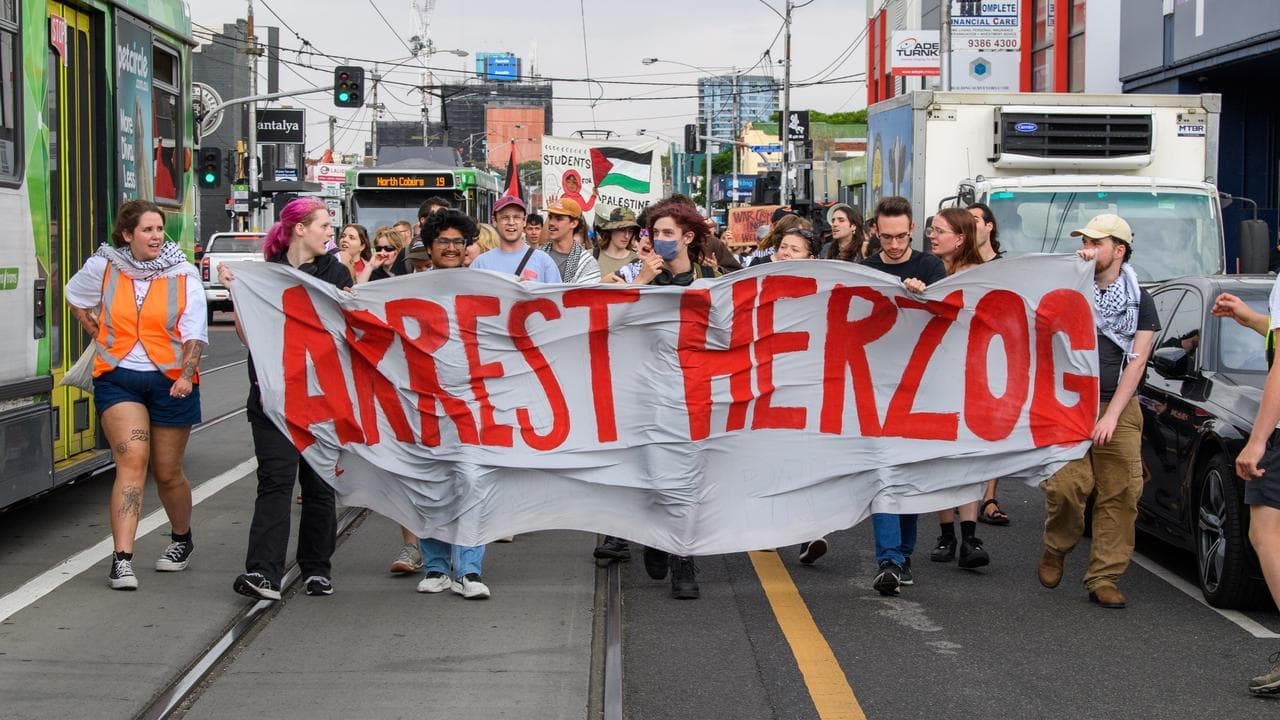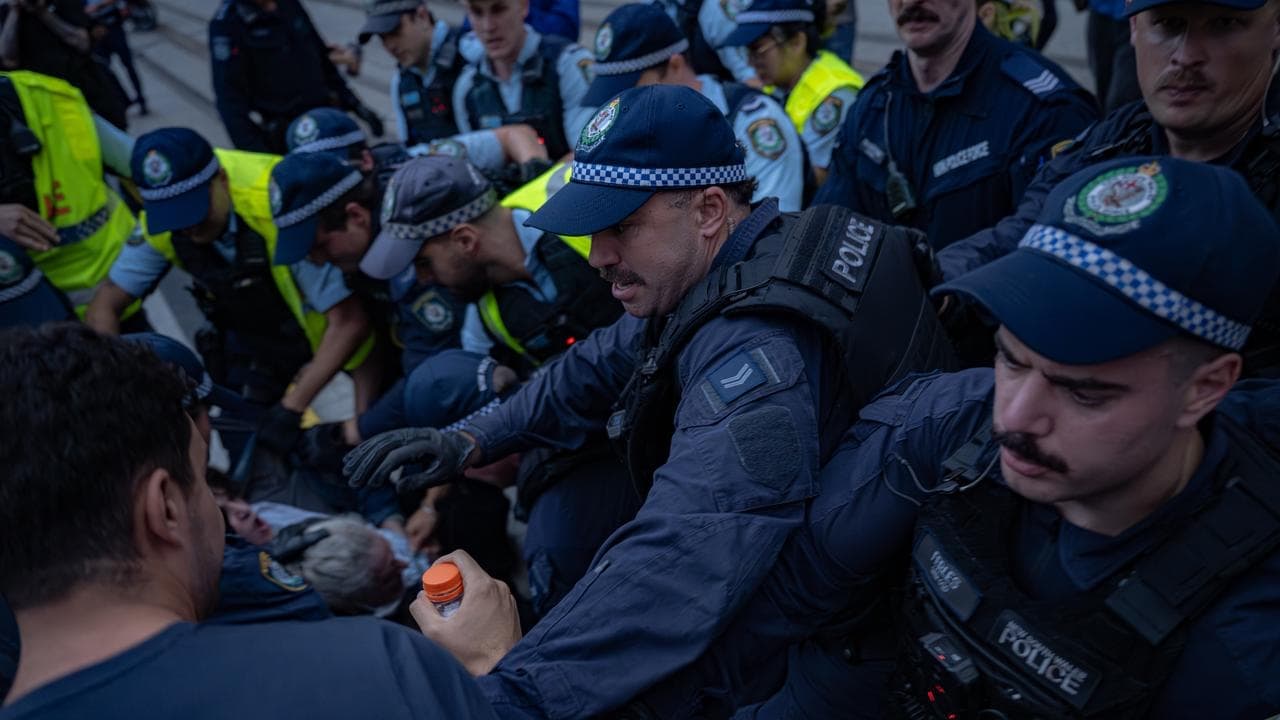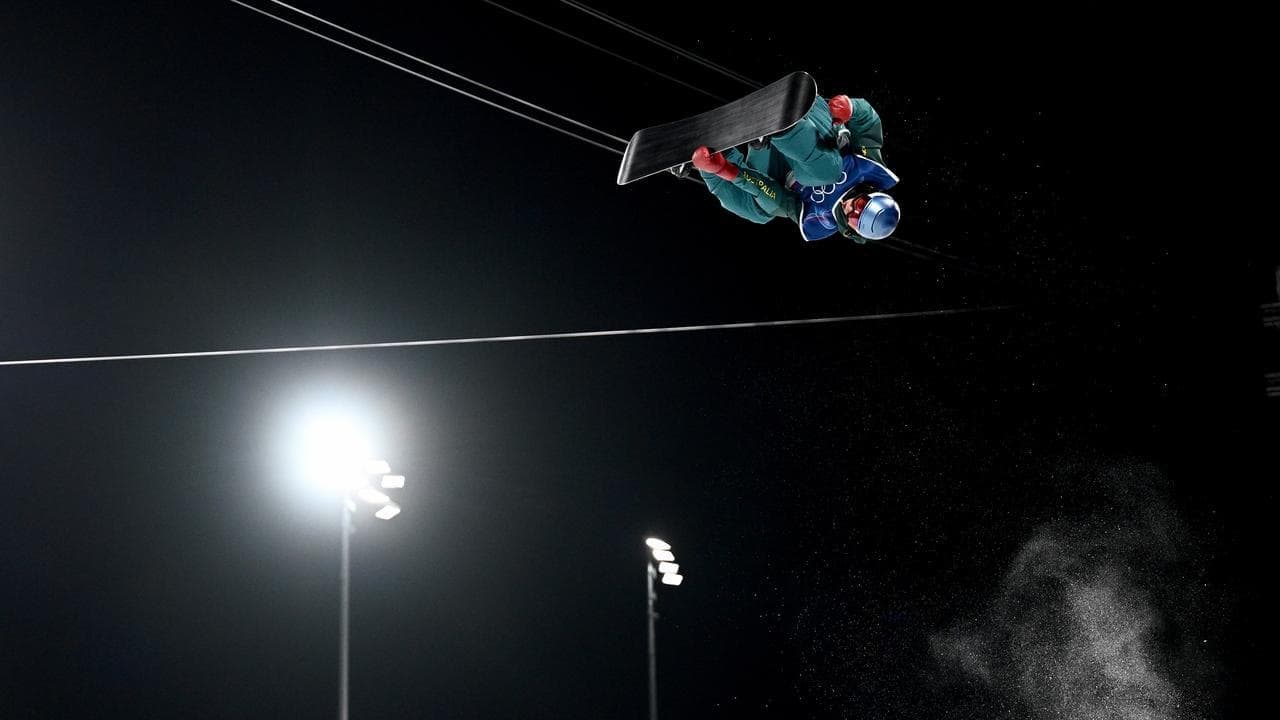WHAT WAS CLAIMED
Toyota LandCruisers are banned in Australia.
OUR VERDICT
False. The vehicle has not been banned in Australia.
AAP FACTCHECK - Australians can still buy a Toyota LandCruiser because the popular four-wheel drive model hasn't been banned, despite claims online.
The federal government says there's no ban, and Toyota has confirmed supplies of the 4WD will be maintained for local buyers during and after an upcoming production pause.
The claim appears in matching social media posts on X and Facebook.
"Toyota LandCruiser banned in Australia," the post reads.
"Albanese is pushing EVs on Australians. Those relying on rugged vehicles in remote areas will be left with Chinese EVs as substitutes."

The posts include a screenshot of a headline and graphic from a News Corp Australia article, syndicated across multiple titles.
The graphic features images of Australian Prime Minister Anthony Albanese and an image of a red LandCruiser.
"Albo forces huge change to Aussie icon," the headline reads.
The News Corp story does not mention Mr Albanese or the federal government; it focuses on a new LandCruiser hybrid model announced by Toyota.
The federal Department of Transport confirmed the claims in the post are inaccurate.
"Claims that the Toyota LandCruiser is banned from Australia are false," a department spokesperson told AAP Factcheck.

However, new imports of the 70 Series LandCruiser model are set to be paused for several months while Toyota adapts them to new Australian Design Rules.
Under those rules, coming into effect in November 2025, the model will need to meet a new standard regulating noxious emissions from cars and trucks, known as the 'Euro VI' standard.
This air pollution can increase the risk of heart and lung disease, cancer and premature death, and is not related to net zero targets, according to government information on the standards.
Any vehicles shipped to Australia before November can still be sold, even if they do not meet the new benchmark.
But from November onwards, only models built to the Euro VI standards will be permitted for import.
Toyota has imported additional LandCruiser 70s units ahead of the production pause to ensure there will be no shortage in Australia, Drive reported.
The 70 Series remains available for sale in Australia, along with numerous other LandCruiser models including the Prado and 300 - all diesel operated.

Some Facebook post comments also refer to Australia's New Vehicle Efficiency Standard.
However, nothing within the standard amounts to a ban on large vehicles either, and it is unrelated to the LandCruiser production pause.
AAP FactCheck has previously explained that the efficiency standard, which took effect in January, sets annual vehicle emissions targets that become more stringent over time.
If a manufacturer produces a vehicle that exceeds the target, it must pay $100 for every gram of CO2 per kilometre (g/km) that its fleet exceeds the target on average.
Automakers can avoid or reduce this penalty by importing low-emissions vehicles and EVs to offset higher-polluting models in their fleet.
The efficiency standard does not apply to vehicles in Australia that have already been sold.
AAP FactCheck is an accredited member of the International Fact-Checking Network. To keep up with our latest fact checks, follow us on Facebook, Instagram, Threads, X, BlueSky, TikTok and YouTube.












